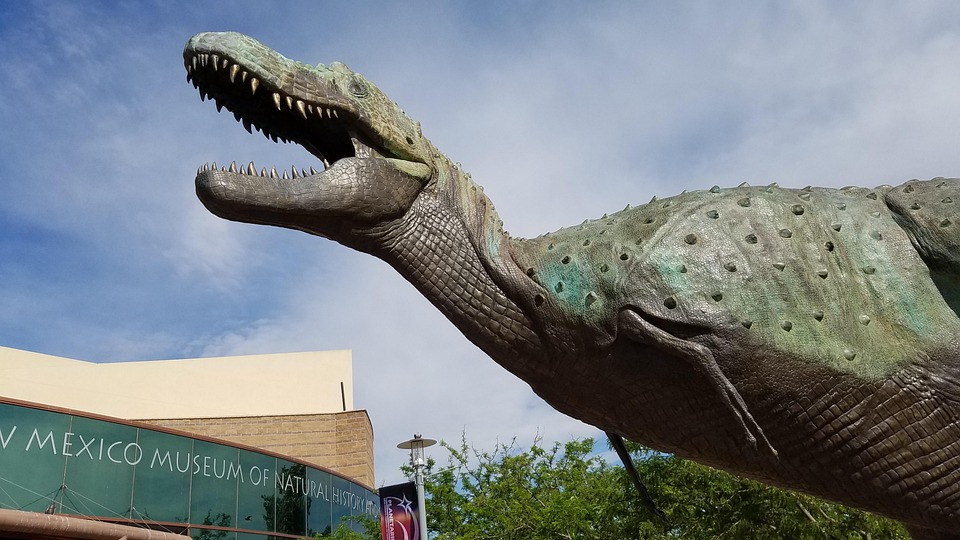Essential Geologist CV Template: Stand Out in Your Job Application
Crafting an exceptional CV is an art form, particularly in the competitive field of geology. As you navigate through the labyrinth of job applications, your CV serves as your first impression – a gateway to opportunities. Here’s how to ensure that your geological expertise shines brightly amidst a sea of applicants.
1. Tailored Personal Statement
Begin with a personal statement that encapsulates your passion for geology. A brief yet impactful introduction can set the tone. Highlight your core competencies, such as fieldwork, data analysis, and environmental assessment. For instance, “With over five years of experience in geotechnical engineering and a profound commitment to sustainable practices, I am eager to contribute to innovative geological projects.” This not only showcases your experience but also your dedication to the field.
2. Highlight Relevant Experience
When detailing your work history, focus on relevance. Use bullet points to break down responsibilities and achievements in previous roles. Here’s a suggested format:
- Position Title, Company Name (Year – Year)
- Conducted extensive geological surveys, leading to the successful identification of mineral deposits.
- Collaborated with multidisciplinary teams on environmental impact assessments, significantly enhancing project outcomes.
- Utilised advanced GIS technology to model geological features, streamlining data interpretation.
Remember, quantifying your achievements can set you apart. If you increased efficiency by 20% in certain tasks, make sure to state it. Metrics bolster credibility.
3. Education and Professional Development
Education is fundamental in the geological arena. List your academic qualifications in reverse chronological order, ensuring to include any relevant certifications or courses. Here’s how to structure it:
- Degree Title, University Name (Year)
- Specialisation in Geochemistry
- Relevant coursework: Mineralogy, Sedimentology, and Geophysics
- Professional Certifications
- Chartered Geologist (CGeol), Geological Society of London
- Health and Safety in Geology Fieldwork
Continuing professional development demonstrates a commitment to staying current in this evolving field.
4. Skills That Matter
Your CV should reflect a balance of hard and soft skills. While technical abilities such as proficiency in software like ArcGIS are essential, showcasing interpersonal skills is equally important. Consider including:
- Technical Skills: Rock and soil analysis, remote sensing, geological mapping
- Soft Skills: Team leadership, critical thinking, effective communication
This multidimensional skill set not only appeals to employers but showcases your adaptability.
5. Publications and Projects
If applicable, dedicate a section to highlight your contributions to research or projects that have garnered attention in the geological community. This can include papers, presentations, or field projects. For example:
- “The Impact of Climate Change on Coastal Erosion,” Journal of Geological Sciences, Year
- Field Project: “Mapping Underground Water Resources in Rural Areas,” Year
Such contributions serve as a testament to your expertise and engagement with the geological community.
Final Thoughts
A well-crafted CV is your ticket to standing out in the competitive geology job market. By tailoring your personal statement, emphasising relevant experience, showcasing your education, including essential skills, and highlighting your contributions, you create a compelling narrative of your professional journey.
CVPortal continues to bring you a plethora of high-quality CV references, empowering you to present your best self to potential employers.


